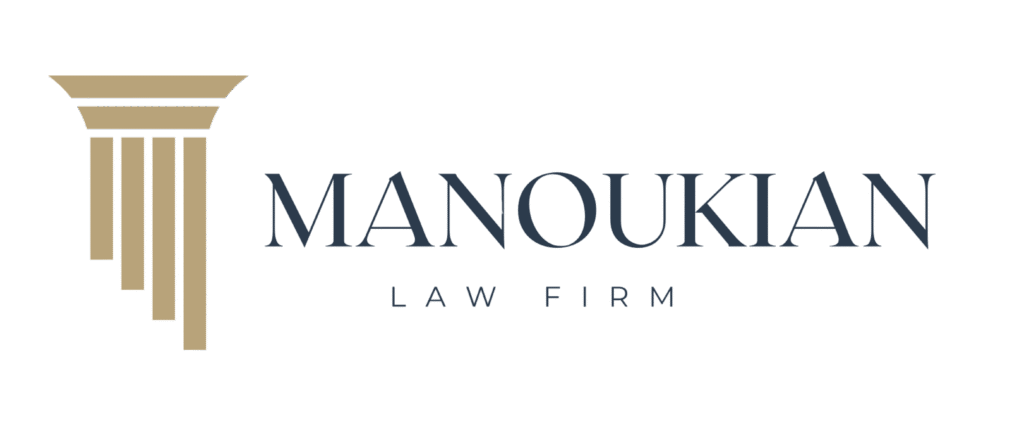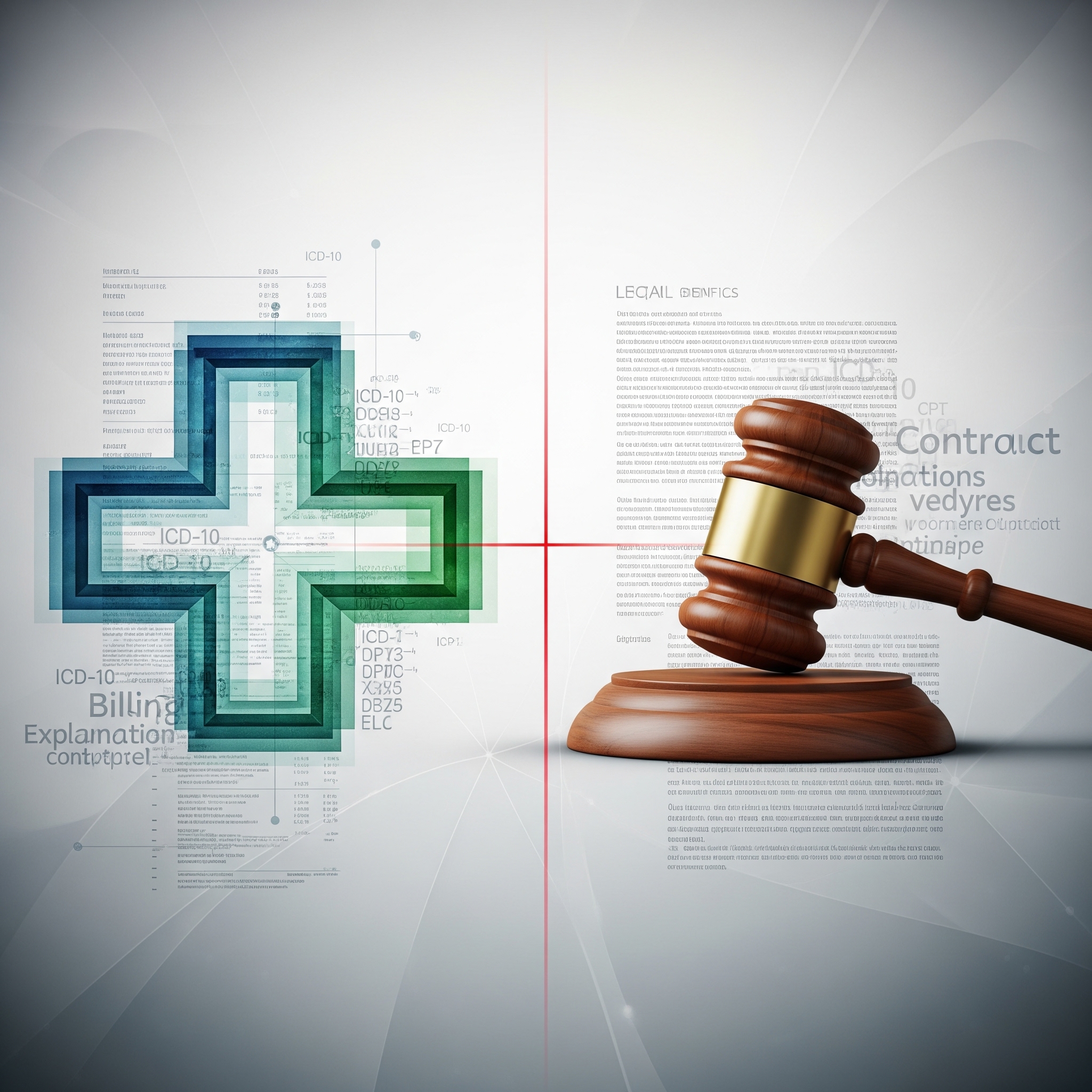There is no greater trust than what we place in the medical professionals who care for our most vulnerable loved ones. When that trust is shattered by an act of negligence or, even more horrifically, by an intentional act of harm, the sense of betrayal is profound. The recent, shocking news of a NICU nurse in Henrico being charged with abusing premature infants is a parent’s worst nightmare brought to life.
According to a report from The Independent, the nurse is facing charges after multiple babies in her care suffered unexplained broken bones. This case moves beyond a simple mistake into the realm of malicious acts, and it highlights the legal avenues available to families who have suffered such an unthinkable betrayal.
Medical Malpractice vs. Intentional Torts
When a healthcare provider’s actions cause injury to a patient, the resulting legal case typically falls into one of two categories.
- Medical Malpractice (Negligence): This is the most common type of claim. It occurs when a doctor, nurse, or hospital fails to meet the accepted standard of care, causing harm. This can include a surgical error, a misdiagnosis, or a medication mistake. The action is usually unintentional, but it is a breach of the professional duty owed to the patient.
- Intentional Torts (Abuse or Assault): This is when a healthcare provider intentionally causes harm to a patient. The case involving the Henrico nurse, if the allegations are proven, is a clear example of this. It is not just negligence; it is a willful act of violence. In these cases, the perpetrator faces not only a civil lawsuit for damages but also serious criminal charges.
Holding the Hospital Accountable
While the individual nurse is the primary wrongdoer, the hospital itself can also be held legally responsible in a personal injury lawsuit. This is based on several legal principles:
- Negligent Hiring and Supervision: Did the hospital conduct a proper background check on the nurse? Were there previous complaints or “red flags” about this employee that the hospital ignored? Hospitals have a duty to properly vet and supervise their staff to ensure patient safety.
- Failure to Report: Did other staff members witness or suspect the abuse but fail to report it to the proper authorities? Hospitals have a legal and ethical obligation to protect their patients from harm.
- Vicarious Liability: In some circumstances, an employer can be held responsible for the actions of their employee if those actions occurred within the scope of their employment.
When a child is seriously injured or, in the most tragic cases, dies as a result of abuse or negligence in a medical setting, the family has the right to file a lawsuit, which can include a wrongful death claim. This is the only mechanism the civil justice system provides to hold all responsible parties—from the individual perpetrator to the institution that enabled them—fully accountable for their actions and for the immense suffering they have caused.
Contact Manoukian Law for a free and confidential consultation to discuss the sensitive details of your medical malpractice case.





